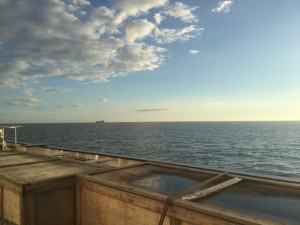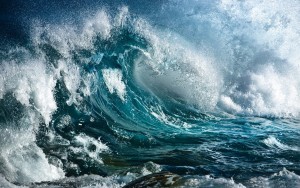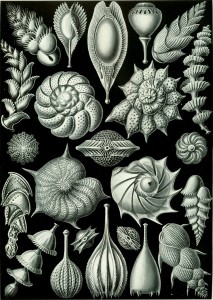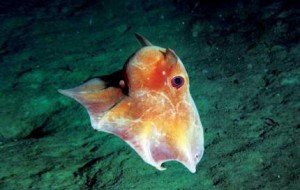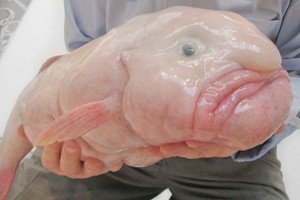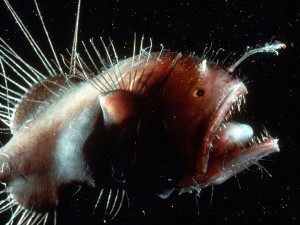Eat responsibly
Dear MOOCers,
the past six weeks has been a wonderful journey. I learnt so much from your questions and comments and hope that the same holds true for you as well.
Before we finish this module, I would like to give you my own piece of advice on how to help protecting the oceans. As a biologist I am going to focus on the living organisms that inhabit the oceans, and specifically fish.
Most of us eat fish on a regular basis.
Continue reading →

